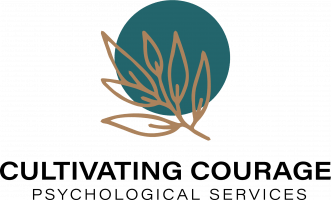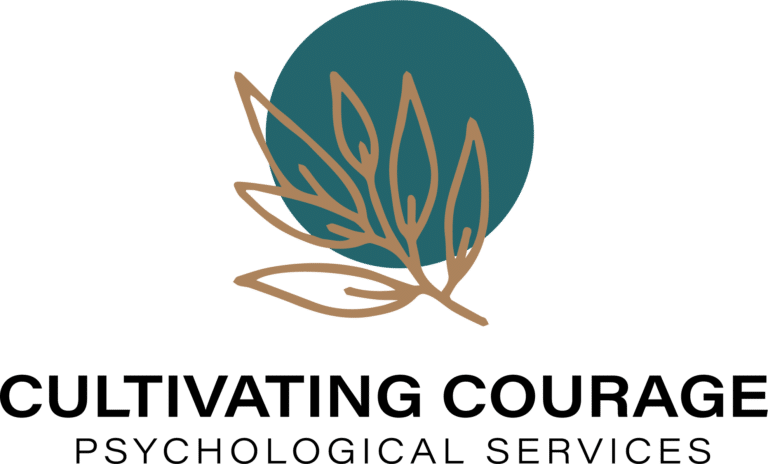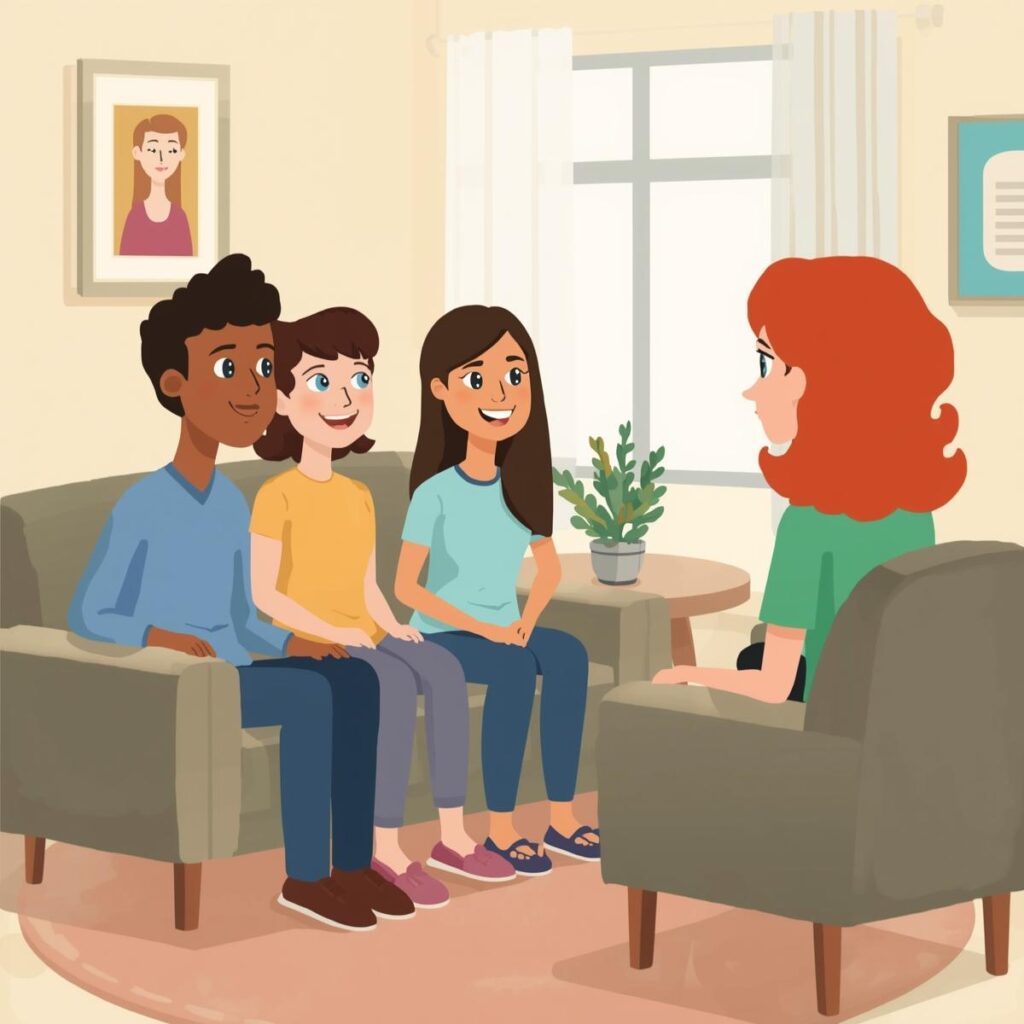Family therapy and eating disorder recovery goes hand in hand. When a loved one is struggling with an eating disorder, it’s easy to feel helpless, frustrated, or even shut out. Families often carry the invisible weight of watching someone they love suffer. They may also carry guilt, confusion, or even blame. That’s why family therapy with an eating disorder expert is such a powerful tool in eating disorder recovery.
What often gets overlooked in eating disorder treatment is the transformative potential of family therapy: the kind that fosters emotional safety, repairs ruptures, and strengthens the system around the person in recovery.
Family Theory and Eating Disorders: What does the research suggest?
A recent scoping review on multi-family therapy (MFT) offers valuable insight into how broader, more dynamic family work can improve outcomes and shift the tone of the recovery journey (Baudinet et al., 2021). MFT brings together multiple families facing similar challenges in group-based therapy. This approach explores not only the illness itself, but also communication patterns, emotional expression, and family identity. The aim isn’t just to “fix the problem” but to nurture the environment in which recovery becomes possible.
The research suggests that family therapy is about more than just nutrition restoration. It’s about restoring relationships, increasing understanding, and giving families the tools to be part of the healing process rather than passive bystanders or enforcers (Baudinet et al., 2021). Families in these therapy settings reported feeling less isolated, more confident, and more emotionally connected with both their loved ones and other families going through similar experiences. Importantly, these approaches allowed space to explore difficult emotions like guilt, fear, or resentment, without judgment.
Many families in the review described therapy as a safe container to express emotions, revisit painful patterns, and learn to hold compassion for both their child and themselves. As Baudinet et al. (2021) note, these therapeutic environments allowed families to move from a place of crisis management to one of shared understanding, which in turn supported long-term recovery.
This is where family therapy diverges from a strictly manualized model like Family-Based Treatment (FBT). While structured treatment has its place, there is also a need to make space for individualized, emotionally attuned, and systemic work. Healing doesn’t happen in isolation—it happens in connection. And for individuals with eating disorders, having their family as part of that connected healing can be life-changing.

Family Therapy and Eating Disorder Therapy with Us
At Cultivating Courage Psychology, we believe in the power of the whole family system. We understand that eating disorders don’t exist in a vacuum, and neither should recovery. That’s why we offer family therapy that honors emotional experience, fosters honest communication, and works toward deep, sustainable healing, not just symptom management.
If your family is navigating an eating disorder, you don’t have to do it alone. Family therapy and eating disorder treatment are both an important part of the process towards recovery. Together, we can work toward a more connected, empowered, and hopeful path forward.
Baudinet, J., Eisler, I., Dawson, L., Simic, M., & Schmidt, U. (2021). Multi-family therapy for eating disorders: A systematic scoping review of the quantitative and qualitative findings. International Journal of Eating Disorders, 54(12), 2095–2120. (source)
We’re psychotherapists in Weschester, NY.
Visit our homepage at: www.couragepsych.com


